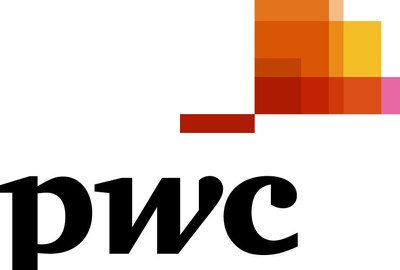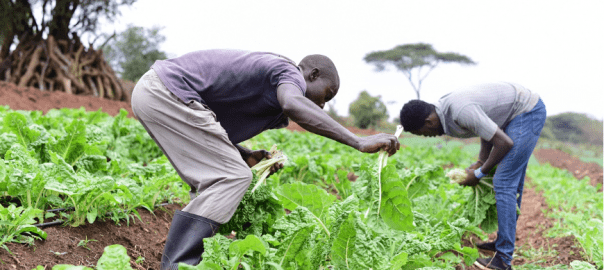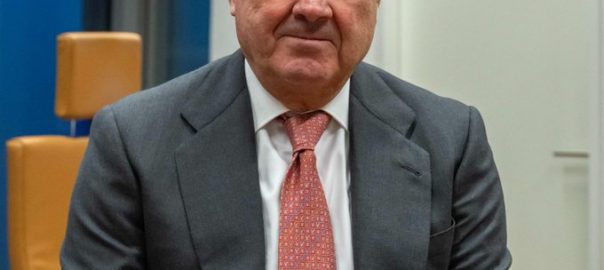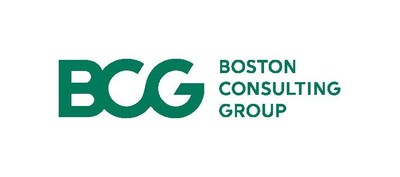Jan. 24, 2025 /Mpelembe Media/ — The World Economic Forum (WEF) highlights Envision Energy’s Ordos-Envision Net-Zero Industrial Park as a global benchmark for sustainable industrial development. This pioneering project, featured in a WEF white paper, showcases a comprehensive clean energy solution using wind, solar, and hydrogen power, achieving net-zero emissions. Continue reading
Category Archives: Economy
PwC 2025 Global CEO Survey: Optimism and Reinvention
Jan. 21, 2025 /Mpelembe Media/ — PwC’s 2025 Global CEO Survey reveals widespread optimism regarding global economic growth, with nearly 60% of CEOs anticipating increased growth and many planning headcount expansion. Despite this optimism, macroeconomic volatility and inflation remain significant concerns. Continue reading
Africa’s Unfinished Revolution
Jan. 6, 2025 /Mpelembe Media/ — Africa’s widening economic gap despite significant social change highlights low agricultural productivity, hindered by factors like low technology adoption and underutilisation of land. The article also discusses the limitations of African manufacturing, focusing on low-productivity sectors and a lack of global competitiveness. Continue reading
Understanding the unique characteristics and needs of Generation Alpha
Jan. 6, 2025 /Mpelembe Media/ — This white paper by McCrindle Research profiles Generation Alpha (born 2010-2024), highlighting their characteristics as the largest generation in history, shaped by ubiquitous technology from birth. The authors, leading social researchers, explore Alpha’s influence on consumer trends, education, and the future of work, predicting longer lifespans, later career starts, and a greater focus on wellbeing. Continue reading
Sinopec Releases First Sustainable Development Report in Algeria
China Petroleum & Chemical Corporation (HKG: 0386, “Sinopec”) has officially released the first sustainability report, Sustainability Report on Serving the Construction of the Belt and Road – Sinopec in Algeria, on December 27 in Algiers. This is the first sustainability report published by a Chinese company in Algeria, detailing Sinopec’s achievement in fulfilling economic, safety, environmental, and social responsibilities in the region and advancing the vision of New Algeria. Continue reading
Interview with the Telegraaf
Interview with Luis de Guindos, Vice-President of the ECB, conducted by Wouter van Bergen and Martin Visser
20 December 2024 Continue reading
TURBULENCE AHEAD: AI REVOLUTION, PROTECTIONISM, TARIFFS, TRADE BARRIERS, AND SUSTAINABILITY TO RESHAPE GLOBAL PROCUREMENT AND SUPPLY CHAINS
GEP®, a leading provider of AI-driven procurement and supply chain software and services to Fortune 500 and Global 2000 enterprises worldwide, has unveiled its much-anticipated Outlook 2025: Procurement & Supply Chain report. This comprehensive report identifies six driving forces that will shape procurement and supply chains in 2025, providing actionable guidance to help leaders adapt, thrive, and build resilience in an era of rapid transformation. Continue reading
Global economic study shows human creators’ future at risk from generative AI
The first ever global study measuring the economic impact of AI in the music and audiovisual sectors calculates that Generative AI will enrich tech companies while substantially jeopardising the income of human creators in the next five years. Continue reading
BRICS creates new opportunities for Africa
At the ongoing BRICS Summit in Kazan, Russia, the leaders of BRICS member states are focusing on strengthening strategic partnerships and enhancing the grouping’s role in international affairs. Continue reading
European Shoppers Pull Back on Spending, Even as Inflationary Pressures Ease
Consumers across Europe are feeling the squeeze, with 73% reporting higher prices for goods and services in the first half of the year. At the same time, wages and savings haven’t kept pace: 25% of surveyed respondents said their income dropped in the first half of 2024, and 28% said they didn’t save as much. Continue reading










